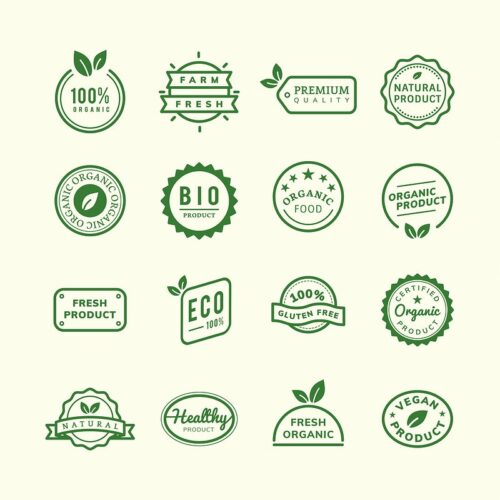There are a few options for small scale farmers who wish to get organic certification for their products.
Standards and regulations
For a start, there is no law or official regulation in South Africa that covers certification for organic products.
Some years ago the Dept of Agriculture brought out a discussion paper titled National Policy on Organic Production. The department acknowledged that it should “develop an effective and affordable certification programme for organic products as a matter of urgency”. This has not happened.
However, there is a “standard” that was developed by the SA Organic Sector Organisation (Saoso). It is called the Standard for Organic Production and Processing and it is available here. It enumerates what a producer should and should not do in order to be certified as being an organic operator.
The standard is strongly influenced by the International Federation of Organic Agriculture Movement (Ifoam) standards. However, it acknowledges local conditions. It is included in the Ifoam Family of Standards.
Why be certified?
In certain sectors there is a growing consumer demand for organically produced foods and other products such as beauty products. Small scale farmers who want to address this need will enhance their brand value considerably if they can carry a recognised certification logo.
How to obtain organic certification
A sensible first step is to join the Saoso, so that you can get advice on what is suitable for your circumstances and how best to go about the process.

You will need to decide how formally, and therefore how affordably, you need to approach the matter.
There are different ways that an organic operator can achieve certification. It can be done by a first, second or third party.
If you have a direct relationship with your consumers and you have built up their trust by consistently providing quality produce, you can describe your goods as organic. The customers can visit your property and see for themselves that you are applying the principles of organic farming. This is a first party organic certification – a “self-claim” – which is not verified by outside parties.
PGS SA
Then there is a second party guarantee process. The Participatory Guarantee System (PGS) is based on a group concept. A number of organic producers come together voluntarily to form a network and support organisation for the development of quality and market access for the members of the group. Members visit each other’s properties annually, so that they can inspect their farming methods, as well as share knowledge based on their own experiences. A guarantee is issued that is an assurance of the quality of the produce and that organic principles have been carefully followed. This is a low-cost certification system run by local consumers and producers, without an external accredited organic certifier.
There is a national association of PGS groups named PGS SA which is a Saoso partner. There are PGS groups in Gauteng, the Western Cape, KwaZulu Natal and Limpopo. Smallholders wishing to follow this process would need to find out from Saoso whether there is a group nearby.
Third Party Certification
The most formal, and therefore the most expensive, certification process is third party certification. This is carried out by an accredited certifying body. Producers who are involved in long supply chains or who want to export their products will choose this method.
There are local certifiers, such as CERES and Afrisco and there are international bodies such as Eurocert, Societe Generale de Surveillance (SGS) and Control Union.
Saoso has developed a partnership with Control Union. They based this certification on the South African standard. However they also audit for EU, NOP, or JAS standards. Control Union also offers audits towards others such as GlobalGAP, BRC, FSSC 22000, SIZA, SMETA and Vegan Standard.
To be considered for such certification producers must have records of all the cultivation, input usage, cropping (weeding, irrigation, fertilising, and pest control) for three years, as well as a written biodiversity plan.
This is part five of a five-part series on organic growing. For more, click here.


Herbal products like Soursop leaf powder ,Moringa leaf powder , Baobab fruit powder , hibiscus dry leaf
Good morning,
I am using ECOCERT SA for organic certification – is there other companies in South Africa that audit and certify EOS and NOP for agricultural products (1 product farmed, harvested, produced and sold locally and internationally?
If you haven’t already, get in touch with the SA Organic Sector Organisation (Saoso). They will guide you. http://www.saoso.org